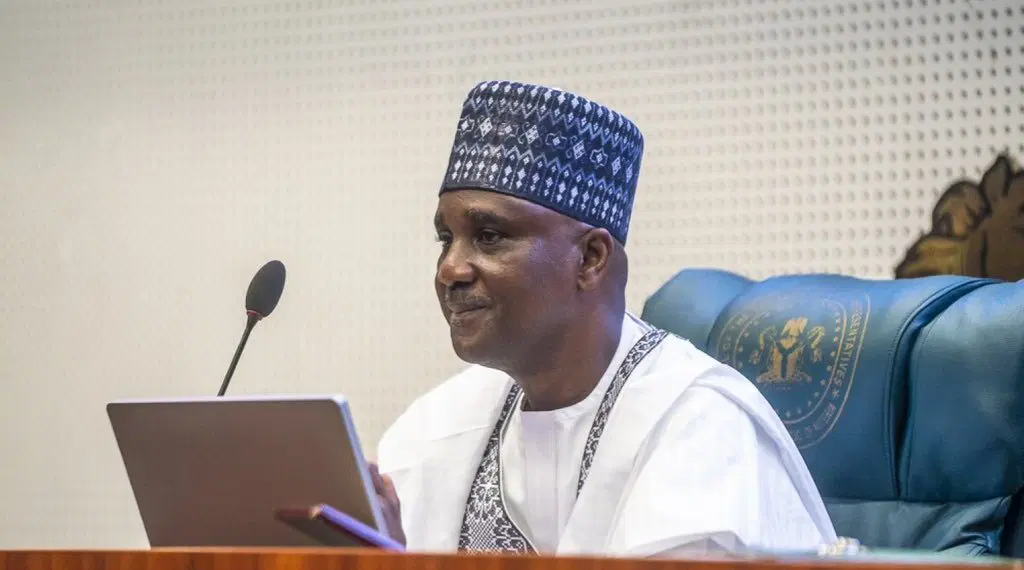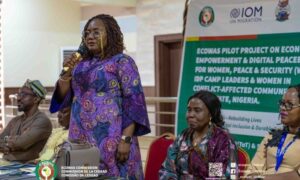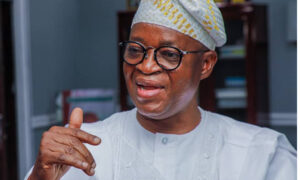Speaker of Nigerian House of Representatives, Tajudeen Abbas, has advised governments against “reckless” borrowing, as the country’s debt profile peaks at N149 trillion.
Abbas spoke on Monday at the opening ceremony of the annual conference and general assembly of the West Africa Association of Public Accounts Committees (WAAPAC).
Represented by Julius Ihonvbere, the house majority leader, Abbas said the conference theme, ‘Strengthening Parliamentary Oversight of Public Debt: The Role of Finance and Public Accounts Committees’, underscores the urgent need to safeguard the country’s financial future.
“The theme of this conference goes to the very heart of democratic governance and sustainable development. Indeed, when managed prudently, public debt can be a tool for growth and prosperity,” he said.
“Yet, when left unchecked, it becomes a burden that erodes economic stability and threatens the welfare of future generations.
“Therefore, oversight of public debt is a democratic duty and a moral responsibility of the legislature.
“Major borrowing proposals should be subject to public hearings, and simplified debt reports must be made available to the general public.
“Oversight is most effective when it is not only parliamentary but also people-driven. Citizens have the right to know, and we have the duty to inform.
“At the same time, we must ensure that debt oversight is anchored in sustainable development. Borrowing should support infrastructure, health, education, and industries that create jobs and reduce poverty.
“Reckless debt that fuels consumption or corruption must be exposed and rejected. As representatives of the people, we must never forget that our oversight role is not about figures alone but the lives and futures behind those figures.”
Abbas said parliaments must ensure that “every borrowing decision reflects prudence, transparency, and the collective interest of our citizens”.
“In Nigeria, recent available data indicate that our debt trajectory has reached a critical point, showing that as at the first quarter of 2025, the total public debt stood at N149.39 trillion, equivalent to about US$97 billion, with domestic borrowing making up 53 percent and external borrowing accounting for 47 percent,” he said.
“This represents a sharp rise from N121.7 trillion the previous year, underscoring how quickly the burden has grown.
“Even more concerning is the debt-to-GDP ratio, which now stands at roughly 52 percent, well above the statutory ceiling of 40 percent set by our own laws.
“This breach of our debt limit signals the strain on fiscal sustainability. It highlights the urgent need for stronger oversight, transparent borrowing practices, and a collective resolve to ensure that tangible economic and social returns match every naira borrowed.”
Abbas said debt levels across Africa have “reached alarming proportions”, noting that the continent’s public debt stood at $1.8 trillion in 2022.















